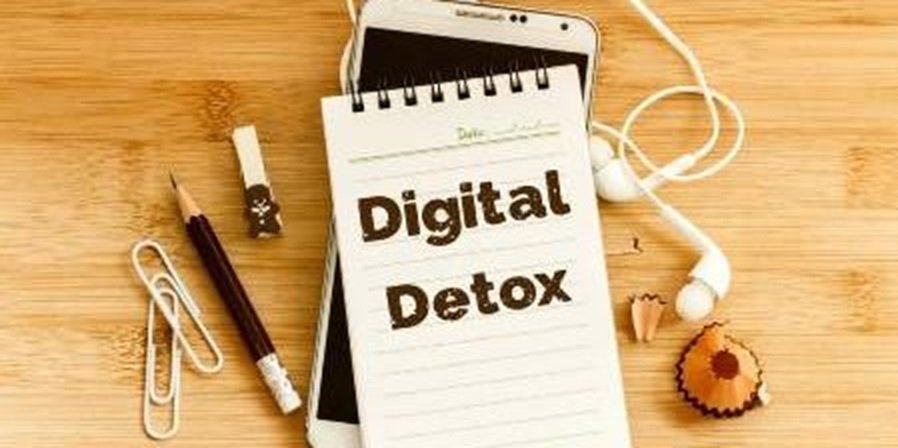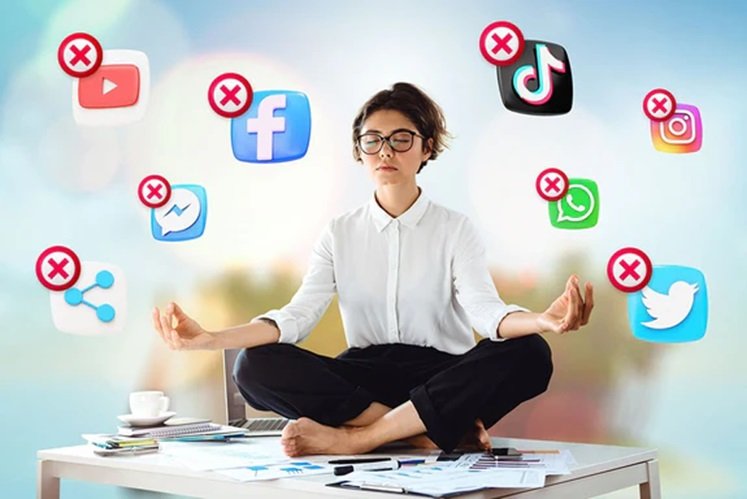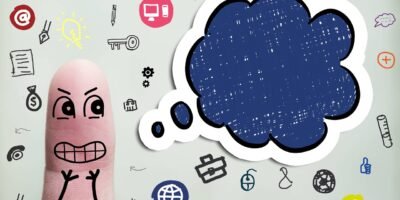Table of Contents
In the fast-paced world of information technology, staying connected is both a necessity and a way of life. From coding to troubleshooting, IT engineers are constantly immersed in screens and digital devices. But what happens when this digital immersion becomes overwhelming? Enter the concept of a digital detox—a deliberate and mindful break from digital devices and online activities. For IT professionals, who often juggle multiple screens and endless notifications, a digital detox can be a refreshing reset.
Understanding the Need for a Digital Detox
In our highly connected world, it’s easy to fall into the trap of constant connectivity. While being online has its benefits, such as staying informed and productive, it also comes with downsides. The constant barrage of notifications, emails, and updates can lead to digital fatigue, burnout, and even anxiety. For IT engineers, the pressure to stay updated with the latest technologies and trends can exacerbate these issues.
Real-life Example: Take the case of Arun, a senior software developer. He found himself checking his work emails and Slack messages even during dinner with his family. His sleep was often disrupted by late-night notifications, and he felt increasingly stressed about keeping up with the latest developments in his field. Recognizing the need for a change, Arun decided to implement a digital detox routine, limiting his screen time and focusing on offline activities. The result? Improved mental well-being and a better work-life balance.

The Benefits of a Digital Detox
- Reduced Stress and Anxiety: Constant notifications and digital overload can lead to increased stress levels. A digital detox helps reduce these stressors, allowing the mind to relax and recover.
- Improved Sleep Quality: The blue light emitted by screens can disrupt sleep patterns. By stepping away from screens before bedtime, IT professionals can enjoy better sleep quality.
- Enhanced Focus and Productivity: Taking regular breaks from digital devices can help IT engineers regain their focus and improve productivity. It’s a great way to reset and approach tasks with a fresh perspective.
- Better Work-Life Balance: A digital detox encourages a healthy separation between work and personal life, essential for overall well-being.
How to Implement a Digital Detox
- Set Clear Boundaries: Define specific times when you will disconnect from work-related devices. This could be during meals, before bed, or on weekends.
- Use Technology Mindfully: Limit your use of social media and other non-essential apps. Consider setting time limits or using apps designed to reduce screen time.
- Engage in Offline Activities: Rediscover hobbies and activities that don’t involve screens. Reading, exercising, or spending time outdoors can be refreshing alternatives.
- Create a Tech-Free Zone: Designate certain areas in your home as tech-free zones. This could be your bedroom or dining area, where you can relax without digital distractions.
Real-life Example: Malini, a network engineer, found that her digital detox not only improved her mental health but also reignited her passion for painting—a hobby she had neglected for years. By dedicating weekends to offline activities, she felt more energized and creative at work.
Overcoming Challenges in a Digital Detox
The idea of disconnecting can be daunting, especially for IT engineers whose work revolves around technology. However, it’s important to remember that a digital detox doesn’t mean abandoning technology altogether. It’s about finding a healthy balance.
Real-life Example: Consider the experience of Swami, a cybersecurity analyst. Initially hesitant, Swami started his digital detox by setting a simple rule: no devices during meals. Gradually, he extended this to include a screen-free hour before bed. While the first few days were challenging, Swami soon noticed improvements in his concentration and mood.

The Long-Term Impact of a Digital Detox
While a digital detox can provide immediate relief from digital fatigue, its long-term benefits are equally significant. IT engineers who regularly disconnect from their devices often report better mental clarity, improved relationships, and a renewed sense of purpose in their work.
Real-life Example: Jayaram, a systems architect, shared his digital detox journey on his blog. He highlighted how stepping back from the constant stream of information allowed him to think more deeply and creatively about his projects. This newfound clarity led to innovative solutions and career growth.
Conclusion
In a world where being connected is the norm, a digital detox offers a valuable opportunity to reset and recharge. For IT engineers, who often face the dual challenges of high expectations and constant connectivity, taking a step back can be incredibly beneficial. Whether it’s setting boundaries, rediscovering offline hobbies, or simply taking a break from screens, a digital detox can lead to a healthier, more balanced life.
So, why not give it a try? Your mind, body, and career will thank you.



Leave a Reply